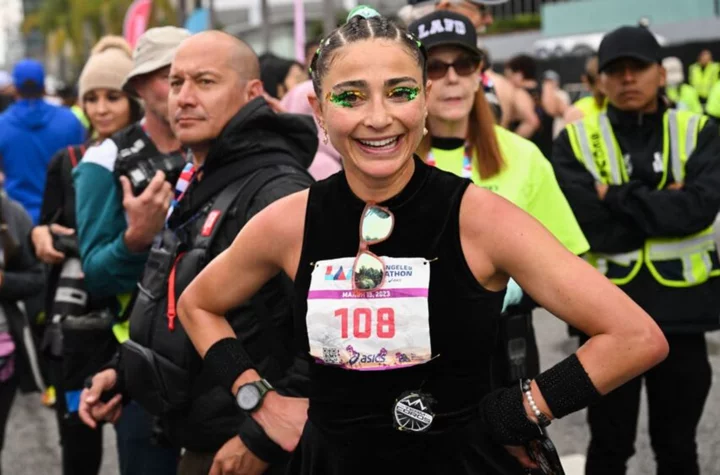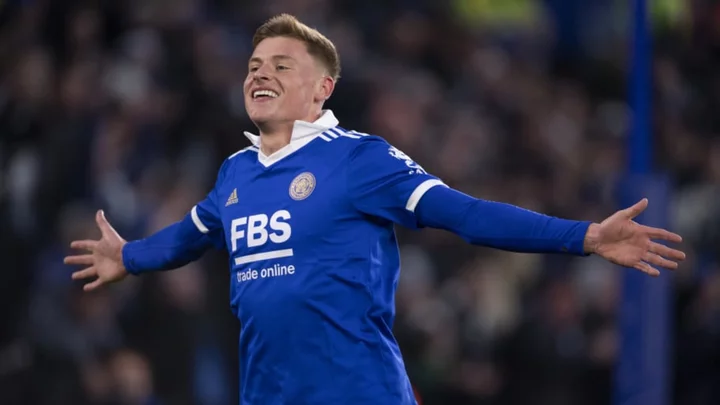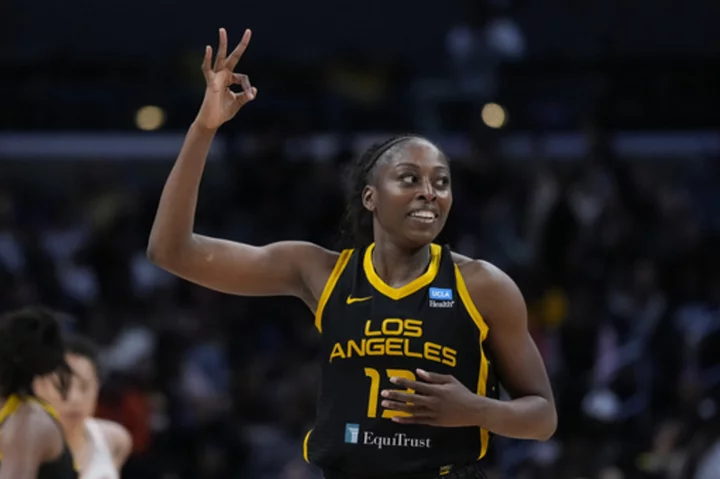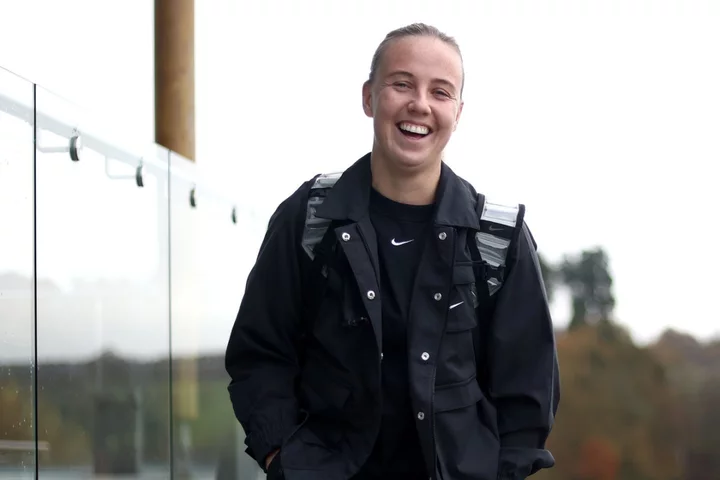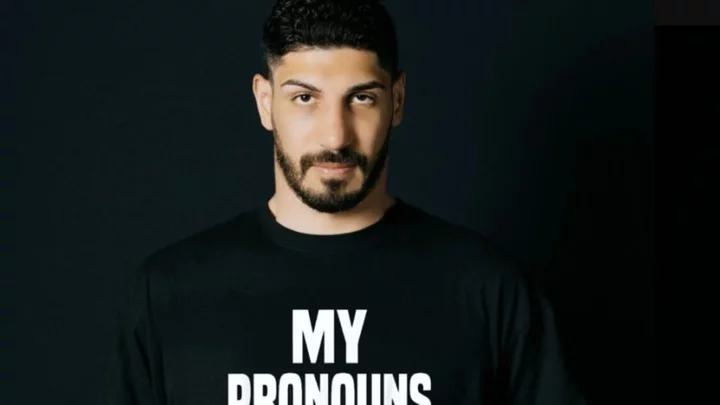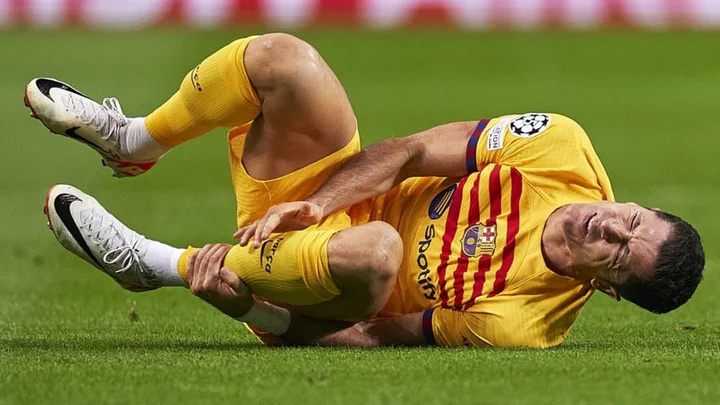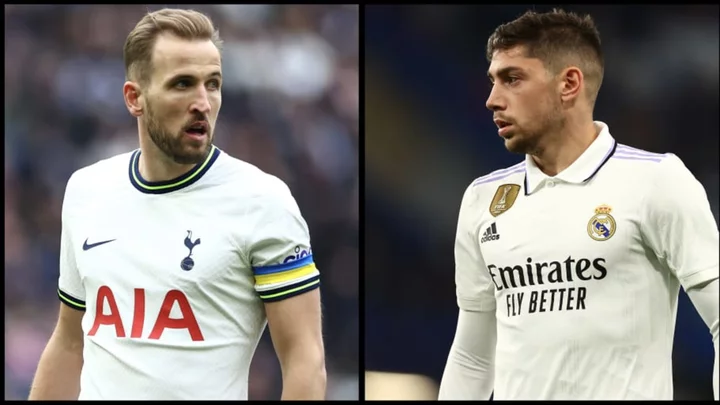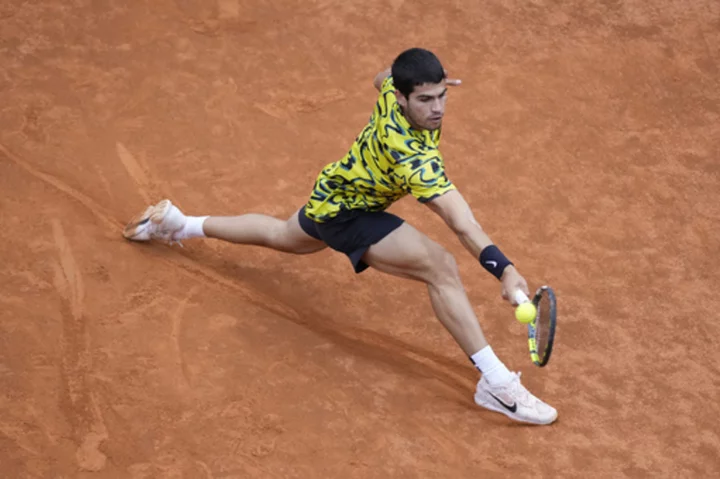Elite running can be a singular, lonely sport. But Olympian Alexi Pappas has found joy in embracing community, running as a Paralympic guide and more.
Ask any middle-of-the-pack running enthusiast why they sign up for road races, and you will hear a lot about community, camaraderie, and cheering crowds.
Ask a professional runner why they sign up, and it's to fulfill a contractual obligation, to achieve a certain time, to make a certain team. You go from hotel room to chartered bus to VIP tent to start line, the crowds are sparse, you do your thing, you talk to the press, and it's over. You leave the community behind for the pack.
Alexi Pappas wondered what that was all about. "Joy and performance don't have to be mutually exclusive," she told FanSided, acknowledging that was not an attitude she was raised with, or grew up running with, but rather one she has cultivated over the course of a career both traditional and less so.
Pappas is an Olympian with dual American and Greek citizenship who set the Greek national record in the 10,000-meter final in Rio de Janeiro in 2016 (breaking her own record, set just a few months earlier). She was a five-time NCAA All-American at both Dartmouth and Oregon. After the 2016 Olympics, she switched from the track to the marathon, making her 26.2-mile debut in Chicago in 2018 and setting a personal best in the distance at the Houston Marathon in 2020, just months before the COVID-19 pandemic.
She also knows a few things about the value of community. Her social media attracts legions of fans drawn to her creative captions (Pappas graduated magna cum laude with majors in creative writing and English from Dartmouth, and with an MFA in creative writing from Oregon) and colorful, artsy, photography. She is a filmmaker; her movies Tracktown and Olympic Dreams were critically acclaimed. Her memoir, Bravey was published in 2021 to rave reviews from the literature, arts, and running communities alike. A young reader's edition of Bravey will come out in the fall.
Bravey takes its name from a poem (yes, she's a poet, too!) Pappas wrote to Instagram back in 2017. It expanded slightly and became:
run like a bravey
sleep like a baby
dream like a crazy
replace can't with maybe
It was a flash point for her fans, who rallied around it and called themselves Braveys.
"Bravey," she writes on page 6 of her book, "became the label for a mini-movement, a self-identifier for those who are willing to chase their dreams even though it can be intimidating and scary."
But even though she created a community around her, Pappas had not experienced the community that she built in the types of races she ran.
When she ran the 2022 TCS New York City Marathon, she found it. She was part of a group running with Mastercard, a title sponsor of the race, and not with the elite runners at the front. She found herself running alongside a man named Vito. Pappas ran most of the race with him, the two of them feeding off the crowd's energy along the way.
"People understood that I was a human, not an alien," Pappas said of her first time racing with the masses. As a pro, she said, people tend to view her accomplishments as somehow more than human, "but there's a human in there."
Pappas said that she first started to feel the pull towards exploring her sport beyond the confines of the elite start when she was filming Olympic Dreams during the 2018 Winter Games in Pyeongyang, South Korea. The movie was the first fictional film made in an Olympic Village. It was Pappas' second experience in an Olympic Village, but it was completely different from her first, when she competed in Rio de Janeiro, she said.
Alexi Pappas found a new purpose in running for others
She compares the shift between her two Olympic experiences, one on the track and the other behind the camera, to the experience of shifting from competing solely for herself to sharing the experience with others — and, eventually, becoming a guide for a visually disabled runner named Lisa, with whom Pappas has formed a strong friendship that extends well beyond the roads. She extols the camaraderie she has developed with Lisa, and says that in contrast to what people often believe about para athletes — that they are happy just to be out there — that Lisa is a strongly competitive runner in her own right, and she and Pappas are able to push one another, without either feeling isolated.
"In my own Olympic Games, I was very focused on my own performance, and I didn't even…go out and party after my race. I was so laser-focused," Pappas said. "And when I went to make this movie, I actually got the chance to meet more people, go out with them, see the environment of the Olympics."
Becoming a guide, Pappas said, meant that she had to look beyond getting from point A to point B. "Once I started guiding, I needed to look out, because I am Lisa's eyes. I'm her safety. I'm her fluid station, her tangent person. I'm like her coach on the field," Pappas said. She describes herself as a guide as an audiobook.
"You want her to know, there's kids bouncing on a trampoline over there, there's a guy in a silly Tigger costume, there's two women dressed as witches, but one with the front of the broom and one with the back," she said. "When I was racing, I never would have seen those things, and I never would have articulated them to myself because the point was to get to the finish line. It wasn't to look around and absorb what makes these events so beautiful."
Lisa recently switched classifications, from one visually disabled category to one for a more serious degree of vision loss. That meant she needed to use a tether with Pappas, something neither runner had ever done. They did not practice with it together until a couple of days before the Boston Marathon, Pappas said.
The two decided to use tension on the tether as their guide. Pappas is physically bigger than Lisa, and she said that she wanted to make sure Lisa could receive instruction from her without Pappas pulling her off balance. "We were able to use our communication for more supportive reasons, not directional reasons," Pappas said. And the tether also kept the two physically closer than in previous races, because no one was able to run between them (though, Pappas said, people did try).
Pappas wants to work as a guide in next year's Paralympic Games in Paris, whether she is guiding Lisa or another athlete. "I feel that I not only enjoy it, but I'm good at it," she said. She hasn't shelved her own running goals, she said, but neither is she interested in retracing her steps in the elite world. "I don't want to go backwards," she said. "I'm not interested in what I've already done, but I'm open-minded as to what I may want to do ahead."
Next on her bucket list, Pappas said, is a 100-mile trail race. She completed the Banderas 100 last year, but had trained for a 50 miler and then found herself testing herself for another 50 — a feat likely only an Olympic-caliber runner could pull off.
And of course, the Greek national record holder in the 10,000-meter found herself on the streets of New York running a 10K in one of the most storied races of its kind last week. The Mastercard Mini 10K is the oldest women's only race in the world; it began in 1972 as a showcase of sorts for women to prove they were capable of distance running. It got its name from the miniskirt, then a powerful symbol of women's liberation, but also as a nod towards it not being quite as long as a marathon.
Pappas spoke almost lovingly of the distance. "It's not exactly a sprint, it's tactical," she said. "My favorite 10Ks are the ones where you kind of study the people around you and learn their strengths and weaknesses, and then use your knowledge of their strengths and weaknesses to win."
But Pappas said she hadn't raced a road 10K in several years. "It's a goal race for many people, but I don't know what it is to me anymore," Pappas said. "So I'm pretty excited to see what it feels like." Pappas met with fans before the race on Manhattan's Upper West Side, offering some a chance to wear the same face paint and hair glitter that she often adorns herself with. She ran the race with members of Mastercard's running team, media, and other fans she encountered along the course, at least five minutes per mile shy of her record pace.
Afterward, she was swarmed by fans and doled out hugs and words of encouragement. She made a presentation of a donation to NYRR's Run for the Future program, which provides juniors and seniors from New York's public high schools the opportunity to train for the Mini 10K and other races. She sees the program, like her books, as a way to give young women a powerful first impression of her sport.
She did not seem to mind that she would not be up front with the pros. "I've never done a women's only race," she said. "I think the fact that women will be in the front, in the middle, and in the back and feel like the roads are ours is a really exciting feeling."
Why We Play features stories about the power of sports to bring us together, overcome obstacles, make positive change and reach everyone. Read more here.

